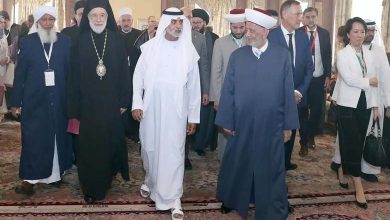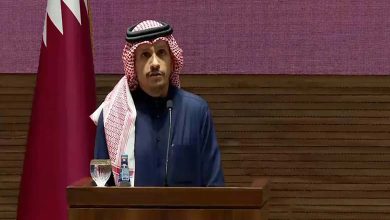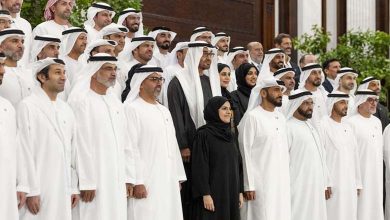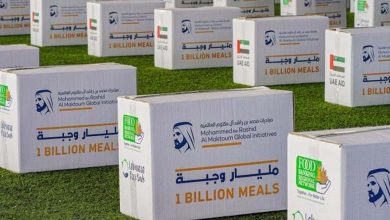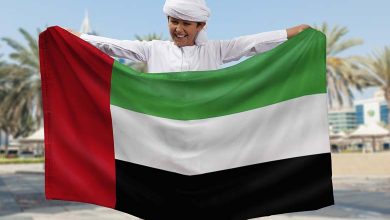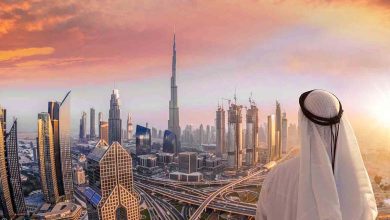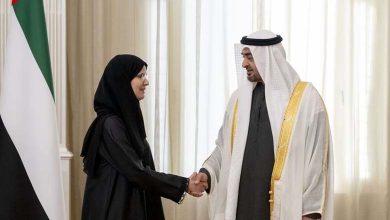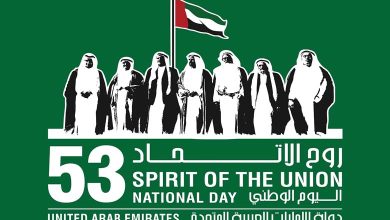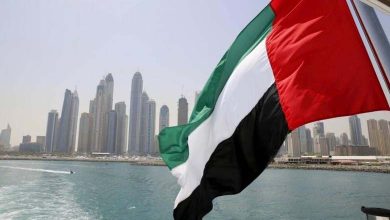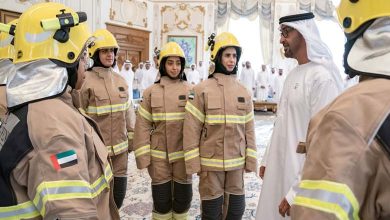UAE: Environmental initiatives in preparation for COP28 and new government decisions in various fields
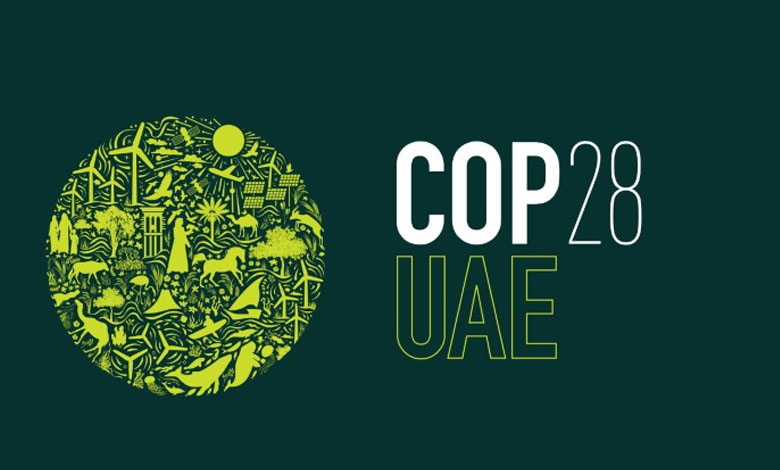
The UAE is implementing 78 environmental projects and initiatives in preparation for hosting the COP28 global event, which includes national carbon reduction strategies, regulation of solar energy products, sustainable tourism, and other initiatives that support UAE’s sustainable and environmentally friendly development.
The UAE Council of Ministers adopted climate change and environmental initiatives in preparation for the global event, including more than 78 initiatives; Among the most important ones are the UAE’s National Low-Carbon and Long-Term Development Strategy, the UAE’s Solar Energy Regulatory System, the UAE’s Eco-Label System, the Health Sector’s Carbon Footprint Measurement System, the Securities and Securities Regulatory Initiative, the Integrated State-Wide Waste Management Strategy, the Carbon Police Initiative, the National Identified Contributions Initiative, the Rendering of a License to Operate the Fourth Nuclear Power Clean Power Plant, and the study of the role of fiscal policies in achieving climate goals, in addition to the Dubai Sustainable Tourism Initiative, WAM reported.
In a meeting held yesterday in Abu Dhabi, the UAE Council of Ministers discussed many issues, including economic, educational, judicial and international issues.
The Deputy Prime Minister and Ruler of Dubai, Sheik Mohammed bin Rashid Al Maktoum, tweeted after the meeting: “In the Cabinet, we adopted the State Agenda for the Development of Service Exports, which will focus on education, medical tourism, traditional and Islamic financial services, and services of the creative economy… The Ministry of Economy will work to build international partnerships and develop programs to support the exports of UAE companies internationally in these sectors, and we also reviewed the State Foreign Trade Report in 2022, where our non-oil foreign trade for the first time exceeded the 2.2 trillion dirhams barrier.”
The aim is for citizens to get the same commercial facilities as the government agencies during construction. This is in order to reduce costs and raise the quality of housing.
The Board of Directors of the UAE Investment Authority (GIA) approved a decision to restructure the board for a three-year term under the chairmanship of Sheik Mansour bin Zayed Al Nahyan, vice president of the UAE, deputy prime minister and minister of the presidential office.
The Council was briefed on the latest developments in the implementation of the UAE’s export development policy through the opening up to new global markets. The most important results included the record growth of non-oil foreign trade in 2022, which reached 2 trillion dirhams and 233 billion dirhams, a growth of 17% compared to 2021.
During the meeting, the Council of Ministers was also briefed on the results and achievements of the UAE Council for Food Security in 2022, which included the launch of the “Agricultural Innovation for Climate” initiative led by the United Arab Emirates and the United States of America with the aim of promoting investment and accelerating work to enable solutions in agriculture, climate and food security. The report also mentioned the signing of an agreement by the Mohammed bin Rashid Al Maktoum Global Initiatives Foundation with the World Economic Forum to establish the “Global Platform for Food Innovation Centers”, accelerating the use of technology and innovation in transforming food systems, in addition to the United Arab Emirates joining the Global School Meals Alliance, signing a set of agreements and memorandums of understanding with a number of friendly countries in the field of food security and agriculture, transferring expertise, and finding innovative solutions to food security challenges, and promoting the adoption of modern agricultural methods.
In the education sector, the Council of Ministers approved the new model for higher technical colleges proposed to be activated at the beginning of the 2023/2024 school year. The model aims to empower the higher technical colleges complex to modernize the current educational model and to strengthen the contribution to leading an effective role within the labor force development system in the country, with emphasis on applied education. The Council of Ministers also approved the model for the Higher Technical Colleges of Iraq
In legislative matters, the Council adopted the promulgation of the Executive Regulation of the Federal Law on Consumer Protection, which is aimed at ensuring the legal bases through which the required consumer protection can be provided in relation to goods and services.
The Council also approved a number of executive regulations on the organization of the professions of expertise, notaries, translators, lawyers, legal consultants and related administrative offenses, in order to enhance the efficiency and quality of the State’s judicial system.
The Council approved a federal law on the regulation of the transfer and cultivation of human organs and tissues, based on best practices and regulations on the regulation of the transport and cultivation of human organs and tissues applied regionally and internationally.
In international affairs, the Council approved and ratified an agreement between the State and the Kyrgyz Republic on the transfer of sentenced persons and an agreement between the Government of the State and the Government of the Commonwealth of Dominica on air services between and beyond their territories, and approved the establishment of a State embassy to the Republic of Guinea in the city of Bissau.
The Council agreed to sign an agreement between the Government of Qatar and the Islamic Development Bank Group on the establishment of the regional center of the Islamic Development Bank Group in the country.


